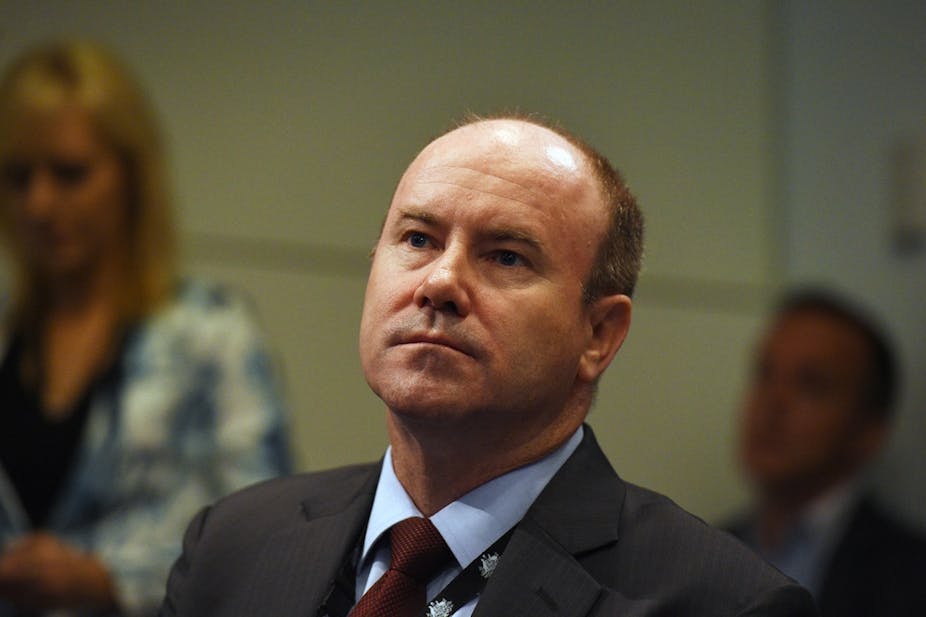Malcolm Turnbull has asked counter-terrorism co-ordinator Greg Moriarty for advice on the local threat from unstable, suddenly radicalised “lone wolves”, as part of a report on lessons from the Nice attack.
Moriarty will work with agencies to examine all persons of interest being watched in relation to terrorism investigations to determine if there is a significant connection with mental health concerns, or if they have other significant patterns of criminal behaviour.
Authorities say the recent attacks in Orlando, Nice and Germany, where this week a young Afghan man assaulted people on a train with an axe, show an evolution to a new type of terrorist. These are disturbed people, not on the radar of counter-terrorism authorities, and who are susceptible to rapid radicalisation.
They appear to be attracted to Islamist extremism late and quickly, as a means of filling a void rather than because of a long term religious or ideological belief. Man Haron Monis, the Lindt cafe attacker, who converted from Shia to Sunni in the days before the siege, might also fit this profile, authorities say.
In the Nice attack a truck was driven into crowds celebrating Bastille Day. The death toll has risen to 85. The attacker, Mohamed Lahouaiej-Bouhlel, who was killed at the scene, has been described as an angry man, who was mentally unstable, had a record of petty crime and was only recently radicalised.
Moriarty will report on:
the vulnerability of and means of protecting open areas where crowds congregate;
how Australian agencies are responding to the challenges of the lone-wolf actor who is rapidly radicalised, including through community outreach;
the implications of terrorists using fast-evolving technology including encryption; and
measures to prevent vulnerable Australians falling through the cracks of the justice and mental health systems and heading towards violent radicalisation without being identified by security authorities.
Moriarty said that the terrorist threat was deep, global and multi-dimensional. He said Turnbull had discussed with him “the need to position the country to be both secure and united, not just for tomorrow or next year, but for decades and possibly generations”.
Our robust intelligence and security measures had to be constantly honed. “At the same time we need to bolster our national resilience and our social cohesion,” he said.
The propaganda and extremist narrative of Islamic State (IS) appealed to different people for different reasons, Moriarty said.
“For some the attraction is ideological and absolute. They believe in a narrow and extreme interpretation of Islam,” where there could be no compromise with the West or with other Muslims who did not accept the IS cause.
“But we also now face another challenge from those who are not necessarily deeply committed to and engaged with the Islamist ideology but are nonetheless, due to a range of reasons, including mental health issues, susceptible to being motivated and lured rapidly down a dangerous path by the terrorist narrative.”
For some of these people, IS’s warped views could, according to their distorted way of thinking, justify their anger at society.
It was necessary to tackle the full range of motivations that drew people towards violent extremism. This meant countering the IS narrative, exposing its lies, and identifying and doing what could be done to divert people who might be vulnerable to extremist ideologies, he said.

